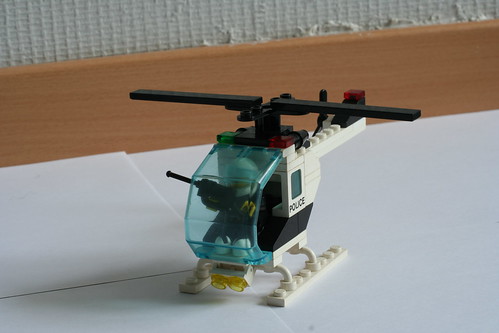 I wrote a blog post a couple of years ago about the powerful synergy between Knowledge Management and standardisation.
I wrote a blog post a couple of years ago about the powerful synergy between Knowledge Management and standardisation.This was partly written in the light of experience from two oil companies who had a series of offshore platforms to build. The first sent each platform out to competitive tender; an idea that at first sight seems prudent, but which resulted in a series of different platforms with no real control on design or )it turned out) on cost. The second built 5 identical platforms, learning from each one about the issues of construction and installation, saving 17% on the overall programme time. For the second company, the combination of standardisation and KM was a winner.
Here is a recent article from McKinsey, which takes the idea even further.
The approach they recommend is called “modular standardization,” which entails dividing a plant such as a refinery or an LNG plant into modules that are standardized and then reused multiple times. It's like Lego oil platforms.
The advantage is that you can then learn about each individual module, appointing "module owners" to steward that knowledge on behalf of the company (rather like "process owners" can steward the knowledge of standard process). The modules can then be combined in multiple ways to create the final design.
As the article says;
direct project costs can be reduced by as much as 15 percent and project delivery can be speeded up by as much as 20 percent. Because common equipment is used ..... the effectiveness of technical personnel is raised because they can stop “reinventing the wheel”
The knowledge of the company then gets embedded into module design. Instead of "best practice" (using all the normal caveats of the word "best"), we aim for "best module".
This applies outside the engineering world as well. Almost all the work that organisations do has bits that are unique, and bits that can be recycled or remixed.
Think of the remix parts as modules - standardise your modules, use KM to perfect your standard modules, then spend that 20% of time and 15% of cost that is freed up, to focus on the unique components of the work.




No comments:
Post a Comment